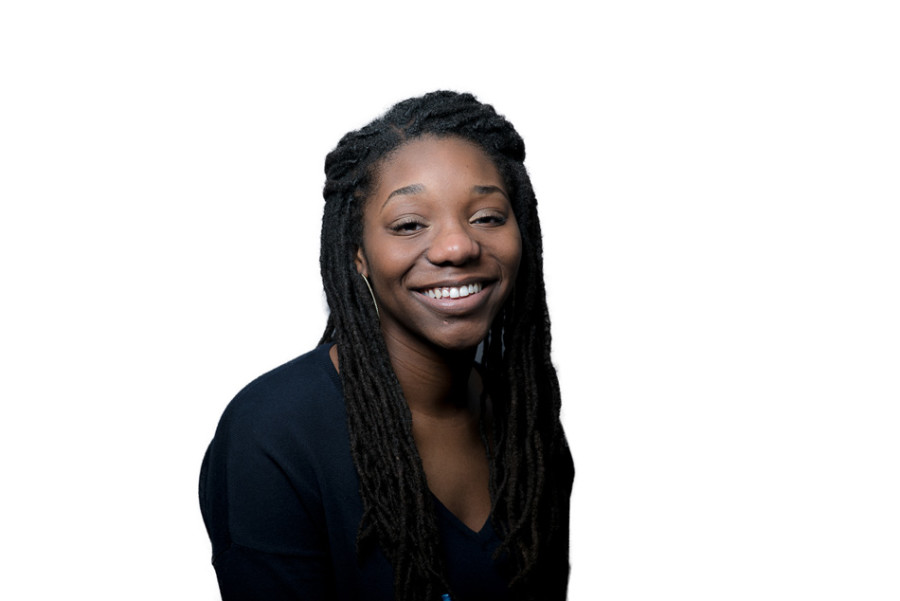Chase: Don’t let unfamiliarity hinder your activism

February 2, 2015
The other day I met with a friend to have a discussion about a political issue. We only talked for a short while but in that time he told me about a cause he was passionate about. It was very personal to him, not necessarily to me, and I could see the intensity in his eyes as he spoke about a conflict that had a complicated history.
I was not completely clear on the little details of the situation, but I understood the big picture: people were dying, and we needed to organize and do something about it.
Later that day, I visited a booth that was set up for the very same conflict he spoke of. Newly knowledgeable, I signed a petition, snagged a wrist band and went to an informational session that night. I learned a lot of things about a certain group of people that day and I knew that what was happening was wrong but there was something that was keeping me from throwing myself into the activism. I felt detached, and I couldn’t understand why.
Don’t get me wrong, what I was feeling should not be confused with apathy. My heart broke at what a certain group of people endured every day that I had only just learned about. The problem is that the cause was not personal to me. I did not identify with the specific demographic my friend had spoken about — though there were definitely some similarities between his story and the African-American narrative — and this was my very first time hearing this side of the story.
There are so many terrible things happening in the world that are met with this unfortunate detachment. Even when you understand that something is problematic and needs to be met with resistance, it can still be difficult to dedicate yourself to activism.
This is something that I have both experienced and witnessed. Many times I have spoken passionately about a cause that is relevant and very personal to me to different circles of friends, only to be met with silence and mumbles. I have watched my friends from different backgrounds listen attentively as I speak on a social cause and then go on and live their lives, slightly more knowledgeable but indifferent. Typically, I would shrug it off. If I were speaking on something like black feminism, why would my white male friends feel a stirring in their heart to go out and spread the word that the wage gap for black women is even lower than for white women?
I was once told, “Everybody has their cause. That’s his cause and you have yours,” meaning that I shouldn’t worry myself about the interests of my peers because I had my own cause to worry about. Sadly, this is how activism functions today.
But isn’t this problematic?
If I choose to only be interested in my own cause and disregard the interests of others because I have my own thing, how can progress be made? Preaching to the choir not only gets old, but it doesn’t fix anything. Being black and only having crucial conversations with other black people defeats the purpose of trying to foster systematic change. It’s one thing to have a general moral understanding of the flaws of a certain system, but it is something entirely different to put yourself in uncomfortable situations to spread the word and make things happen.
I know I am guilty of this detached solidarity, but I have since developed some suggestions for how to effectively be an ally for social causes you feel distanced from:
- Do your research and try to see the big picture. Don’t just focus on the popular parts that are easy to understand.
- Talk to people who are knowledgeable on the topic and listen objectively.
- Always be respectful, especially when you’re new to the subject.
The conversation I had with my friend stuck in my head and I couldn’t stop thinking about how passionate he was. I imagine I come across a similar way when talking about black social issues. It’s asking a lot for people to feel as passionately as I do about personal causes, but it is not far-fetched to ask them to do some research. Sometimes we expect the pace of progress to be faster than what’s realistic, but we have to be OK with baby steps. If simple understanding is the crawling stage, then there is still a lot more progress to come, and I’m excited to see what could happen.
Arielle Chase is a Medill sophomore. She can be reached at [email protected]. If you would like to respond publicly to this column, send a Letter to the Editor to [email protected].

